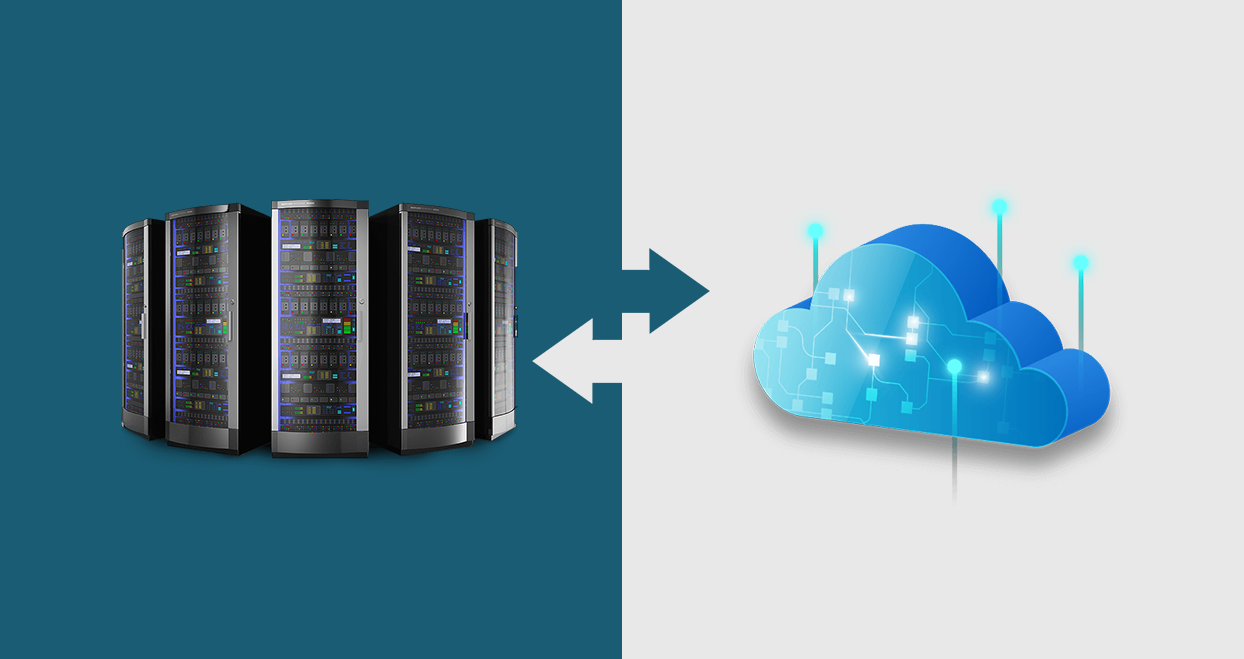Varosha Tech’s migration from local cloud to AWS for One Cloud Storage Solution

Varosa Technology is a Nepal-based software company specializing in delivering high-quality and cost-effective software solutions to clients within and outside the country. As an authorized reseller of Zoom, Varosa Technology serves numerous customers across Nepal. Recognizing the growing demand among its clients for a unified platform to store recorded meetings, Varosa proposed leveraging “Zoom Cloud.”
However, they encountered challenges with the cost-effectiveness of Zoom Cloud and the absence of a pay-as-you-go pricing model. In response, Varosa Technology’s team devised a solution – the One Cloud Storage Solution (OCSS). This innovative application was designed to meet their clients’ storage requirements in a more cost-efficient manner. To achieve this, OCSS was hosted on a local cloud service provider’s infrastructure, providing an effective and economical alternative to Zoom Cloud.

Problem Statement
The deployment of the application on a local cloud service provider led to the client encountering the following issues. Varosa had a dedicated system administrator who was responsible for resource provisioning leading to cost overhead for Varosa’s team. Due to the unreliability of the local cloud provider, the business operations were disrupted on several occasions by power or network failures, leading to dissatisfied end users. Along with this, the client faced instances of unauthorized access to the application data making the application vulnerable to internal and external threats. The lack of automated deployment led the development team to spend more time deploying rather than developing the application features due to which the promised features couldn’t be delivered on time leading to customer dissatisfaction. The client had to predict the monthly resource usage beforehand which led to sometimes over-provisioning sometimes under-provisioning of the resources leading to cost overhead on several occasions. One time the application was down for more than 10 hours which resulted in questioning Varosa’s credibility and ruining their name.

Solution
Genese Solution helped Varosa’s team to solve their problems and adopt DevOps culture, which improved collaboration among team members.
Genese proposed to the client a highly available and scalable solution to address the problem that clients were facing. Genese shifted the resources from the local cloud server to AWS for hassle-free development and deployment with the implementation of the CICD pipeline. For efficient, secure, and scalable cloud operations of Varosa, we implemented a multi-account structure through the AWS Control Tower based on distinct environments for various projects. We used the account structure to streamline governance and compliance efforts by enforcing policies consistently across organizational units while offering flexibility to tailor configurations as per Varosa’s requirements. This approach also enabled segregation and isolation of the environment. We implemented preventive controls to prevent potential threats as well as detective controls for identifying and responding to security incidents and policy violations promptly. We implemented Infrastructure as Code using Terraform to provision infrastructure in a consistent manner, to ensure that our deployments are automated, repeatable, and scalable. This approach has greatly improved Varosa’s operational efficiency, reduced human error, and enabled us to easily manage and version our infrastructure configurations. We migrated the application from a monolithic architecture to microservices architecture which provided better scalability, flexibility resiliency, and increased productivity. By incorporating auto-scaling and load-balancing features, we enabled the system to adjust resources based on traffic demands dynamically. This incorporation ensured high availability and undegraded performance despite high traffic demand. We implemented AWS WAF and finely tuned rules and filtering capabilities to mitigate the problem of unauthorized access and data breaches from malicious requests, and potential attackers. We enabled detailed performance insights across all services that allowed for real-time monitoring and prompt issue identification by implementing monitoring and logging tools. We set up alarms and notifications such that whenever anomalies were detected notifications were sent to the respective team members and the team members were able to take swift action.

Results
Varosa’s strategic investment in the OCSS DevOps team has been very successful. The company has reduced its operational costs by 25%, which has allowed it to invest more in product development. This means that Varosa can now bring new features and products to market faster, and be more responsive to customer demands.
In addition to saving money, Varosa has also seen a significant improvement in the reliability and availability of its applications. Downtime has been reduced by 90%, and the OCSS platform can now scale seamlessly to meet increased demand. This has resulted in a better customer experience and has strengthened Varosa’s reputation for offering reliable products.
The Multi-Account structure enhanced security, governance, and cost management for Varosa by enabling fine-grained access controls, separate billing, and budgeting. It minimized disruptions to critical workloads by segregating environments and provided comprehensive visibility through centralized monitoring, aiding in anomaly detection and compliance enforcement. This also maintained the stability and reliability of their production systems, enhancing customer experience and preserving business continuity.
Overall, Varosa’s investment in DevOps, along with its use of AWS, has been a great success. The company has improved its operational efficiency, reduced costs, and improved the customer experience, all of which have helped Varosa to strengthen its market position and become more competitive.

 Finland
Finland Bangladesh
Bangladesh